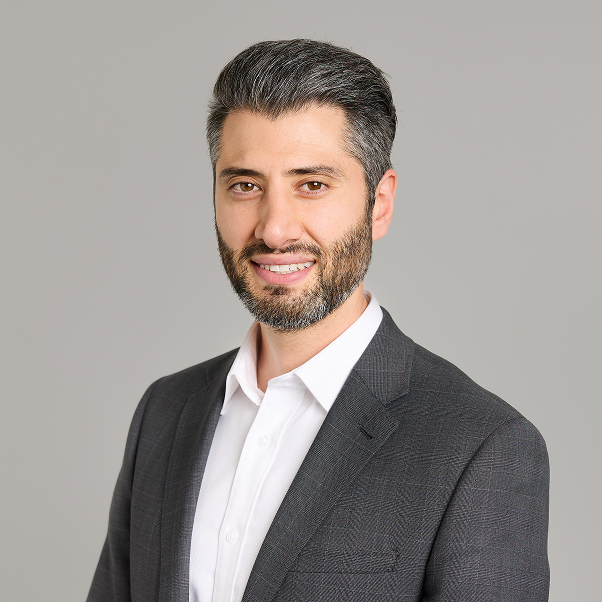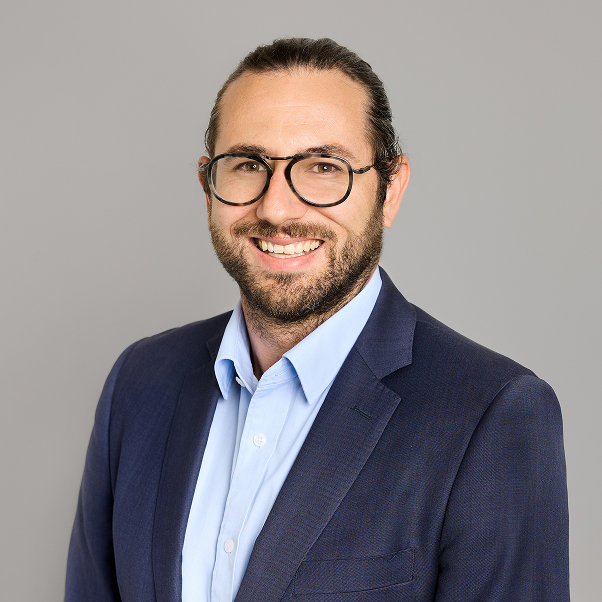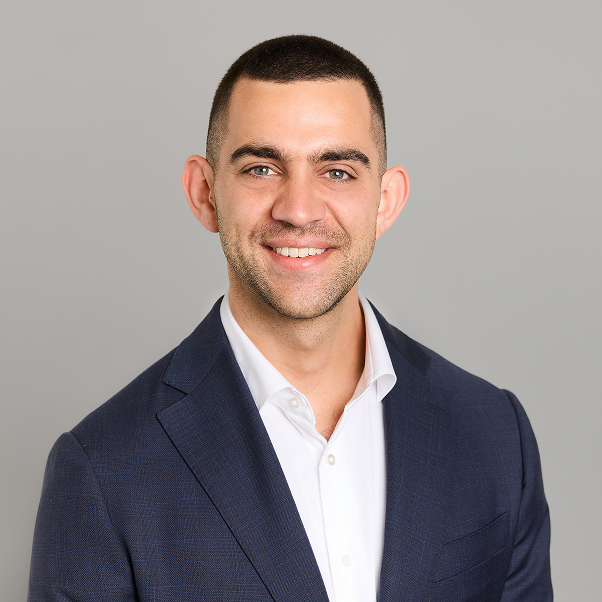Financial
Roadmap
A clear, personalised path to your financial goals.

Any way you look at it, if you’re a working person, it makes sense to get income protection insurance. Your ability to earn an income and support yourself and your family is one of the most important things to protect.
The idea is simple: if you’re unable to work due to an injury, or if you fall ill and consequently can’t earn an income, then your income protection insurance covers you. You receive up to 75% of your pre-tax income for an agreed period of time, until you are back on your feet and can resume working again.
Only, it hasn’t quite worked out that way over the years. The current system of income protection insurance, with its “agreed value” policies, has been costing insurers dearly. So dearly, in fact, that the Australian regulator for life insurance companies, Australian Prudential Regulation Authority (APRA), intervened in 2019 to implement a change.
For decades, life insurers have offered two types of income protection insurance policies: agreed value and indemnity value.
An agreed value policy allows you, the policyholder, and the insurer to agree on the amount of income that will be paid to you, based on your income at the time of signing up for the policy.
So, regardless of how your income might change years after purchasing the policy when you make a claim, you would be paid that agreed amount, because it was based on your income at the time you purchased the policy.
Agreed value policies are more expensive than indemnity policies as consumers are paying for the certainty that comes with having the payment amount “locked-in”.
In comparison, an indemnity value policy pays you a percentage of the income you are earning at the time that you make a claim. So, if you are earning less money when claiming on your policy, your insurance payment will reflect that changed amount. This is precisely what has made this type of policy more affordable to purchase for consumers.
The biggest issue caused by agreed value policies is the massive cost to insurers. According to APRA, by late 2019, the total loss to insurers over five years reached $3.4 billion. A staggering amount by any standards.
The problem with this, of course, is that it makes income protection insurance unsustainable.
For how can any industry withstand this consistent amount of loss and continue to operate viably? If insurers try to combat these losses by making income protection more expensive this would add tremendously to the cost of insurance to the consumer… likely making it unaffordable.
But APRA cited other concerns as well, with the main one being that agreed value policies alter the central principle of insurance, which is to indemnify – or protect – a policyholder against loss or damage. But if you are receiving more than you lost, then it calls this entire notion into question.
What’s more, APRA is highly concerned that the agreed value policy discourages people from returning to work, because it is possible for them to earn more from their insurance payment than they did from their actual income before they made the claim.
When APRA first raised the alarm in May 2019, it named a total loss of $2.5 billion over the past five years. But by the time September had rolled around, the amount had become $3.4 billion. For this reason, on 2 December 2019, APRA announced it would be intervening in the industry.
So, what does this mean now?
From 31 March 2020, insurers have stopped offering agreed value income protection policies to consumers. If you already have an agreed value policy predating 31 March, then it remains unaffected. But you would now be unable to purchase a new policy that offers an agreed value of income payment.
We understand that income protection insurance options can be difficult to navigate. Our team is here to answer all your questions and help you plan for your future, so please contact us to find out how we can help you today.
Every client journey begins with a conversation. We look closely at where you are now, what matters to you, and what’s possible. Then we structure our advice to match.
A clear, personalised path to your financial goals.
Proactive strategies to maximise your tax savings.
Tailored plans aligned with your goals and risk profile.
Regular guidance to keep your plan on track.
Retired business owner
After decades of running a successful pharmacy, John sought financial guidance to simplify decision-making and support long-term planning.
“I feel genuinely supported by First Financial. I can ask anything, and there’s no pressure, just clear advice and real care. The money’s growing, I’m not stressed about it, and I feel completely at ease for the first time. I don’t miss work, but I’d miss the support I get from First Financial.”

Retired widow
Lyn stepped into financial management for the first time after her husband's passing. With patience and care, First Financial supported her through grief, learning, and empowerment.
“After my husband passed, I was completely unsure where to start. First Financial gave me the space to learn, to ask questions, to grow confident. They drew a diagram that I still have. And now, I sleep well at night knowing I’ve got someone in my corner.”

Retired and semi-retired
Referred by friends who were helped through aged care, Craig sought secure financial guidance after inheriting funds.
“We feel very secure with First Financial, the income just comes in, and we know everything is being looked after. It’s not just safe, it’s smart. We’ve recommended them to others because we genuinely believe in the team.”

Early retirement and working professional
When Tim received an overseas medical settlement, he and Adam had just 14 days left in a 90-day window. They needed clear guidance, fast. A referral led them to First Financial.
“We’re in totally different life stages, but First Financial built a strategy that supports us both. From urgent legal steps to ethical investing, they handled every detail with calm, care, and real expertise. It’s financial freedom without compromise, and we couldn’t have done it without them.”

Retired
Jan's husband managed the finances until entering aged care. Jan gradually stepped into the financial picture with First Financial’s support.
“The money just comes in. I don’t have to think about it. And I know they’re always there. They’ve always been there in the background, just quietly making things work.”

Newly retired
As retirement neared, Larry and Virginia were ready to enjoy travel, family, and freedom, without uncertainty. A friend recommended First Financial, and from the first meeting, they had a clear plan, a safety net, and people they trusted.
“We’ve travelled the world, Europe, Sri Lanka, Vietnam, without once stressing about the money. They made everything feel simple and gave us the confidence to live well. We feel secure because we know exactly where we stand, and that peace of mind means everything.”









You can use the form below to make a general or initial enquiry.
You can also book a 15-minute call with an adviser by clicking the blue button below.
You can use the form on the right to make a general or initial enquiry.
You can also book a 15-minute call with an adviser by clicking the blue button below.
Fill in your details and briefly let us know how we can help.
We’ll reach out to schedule a time that suits you.
Enjoy an obligation-free initial meeting to discuss your goals and explore how we can guide you toward financial confidence.
Let’s start the conversation.
We look forward to hearing from you!
Level 9, 90 Collins Street,
Melbourne, VIC, 3000
Office Hours
Mon – Fri | 9:00 am – 5:00 pm